Trillions of dollars in minerals can free Pakistan from IMF dependence: PM Shehbaz
Two-day forum seeks foreign investment and lasting partnerships by showcasing Pakistan’s mineral potential.
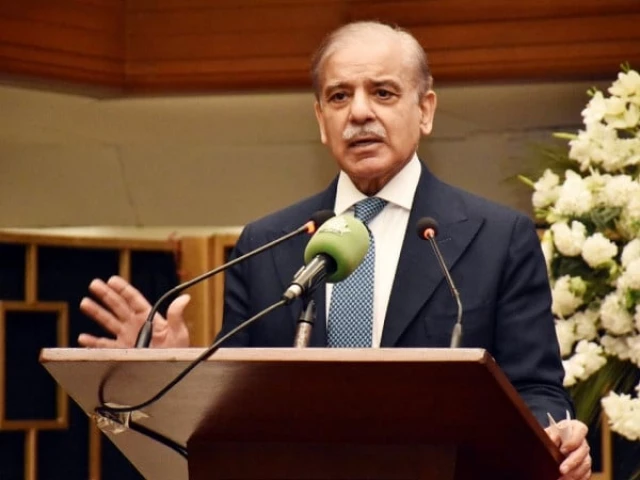
Prime Minister Shehbaz Sharif has invited both local and foreign investors to capitalise on Pakistan's vast mineral resources, which are estimated to be worth trillions of dollars.
Speaking at the two-day Pakistan Minerals Investment Forum 2025 (PMIF25) in Islamabad on Tuesday, the prime minister expressed optimism that utilising these resources would enable Pakistan to reduce its dependency on global financial institutions like the International Monetary Fund (IMF).
During his address, Prime Minister Shehbaz Sharif emphasised the importance of processing and exporting finished and semi-finished mineral products, rather than allowing raw materials to be shipped abroad.
He proposed that any investment agreements should include the transfer of technology to Pakistan over time to ensure long-term benefits.
The premier also encouraged entrepreneurs to explore joint ventures focused on establishing vocational training centers in the country.
This initiative would help train Pakistan's youth in modern skills, further boosting the nation’s industrial capabilities.
PM assured attendees that both the federal and provincial governments, along with other institutions, would work together to position Pakistan as one of the leading nations globally in mineral resource management.
The two-day summit aims to attract foreign direct investment and forge long-term partnerships by highlighting Pakistan’s mineral potential.
More than 2,000 participants were in attendance, including 300 international delegates from the United States, China, Saudi Arabia, the United Kingdom, Finland, Denmark, and Kenya.
In his opening remarks, Deputy Prime Minister Ishaq Dar said the country was “strategically positioned to emerge as a global mining powerhouse,” citing its rich geological landscape and underutilised mineral resources.
He said Pakistan was home to major deposits such as Reko Diq, as well as vast reserves of rare earth elements, industrial minerals, and globally sought-after gemstones like peridot and emerald.
Dar launched the National Minerals Harmonisation Framework 2025 at the event—an integrated reform initiative designed to attract investors and streamline policy in a sector that currently contributes just 3.2% to the national GDP.
“The mineral sector can redefine our economy, supply chains, and export profile,” Dar said. “We are laying the foundation of a robust ecosystem for stakeholders, including local and foreign partners.”
The forum, jointly supported by federal and provincial governments, also saw attendance from Prime Minister Shehbaz Sharif and Chief of Army Staff General Asim Munir—reflecting strong institutional support behind the reforms.
In a show of international interest, the United States was represented by Eric Meyer, Senior Bureau Official at the Bureau of South and Central Asian Affairs, while Saudi Arabia’s Vice Minister for Minerals expressed readiness to explore strategic cooperation.
Minister for Commerce Jam Kamal, speaking during a panel session, said Pakistan’s mineral potential could attract both regional and global attention if security and regulatory concerns were addressed.
“Balochistan can lead the way in this transformation,” he said. “Our resource base is substantial, and we’re ready to provide the necessary facilitation for investment.”
Kamal described investment in minerals as a long-term commitment, urging foreign companies to explore joint ventures and public-private collaborations that extend beyond extraction.

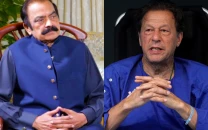






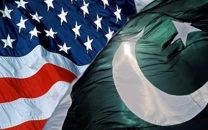
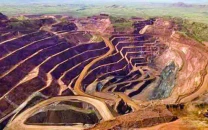
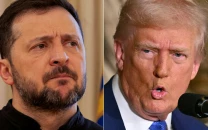












COMMENTS (2)
Comments are moderated and generally will be posted if they are on-topic and not abusive.
For more information, please see our Comments FAQ